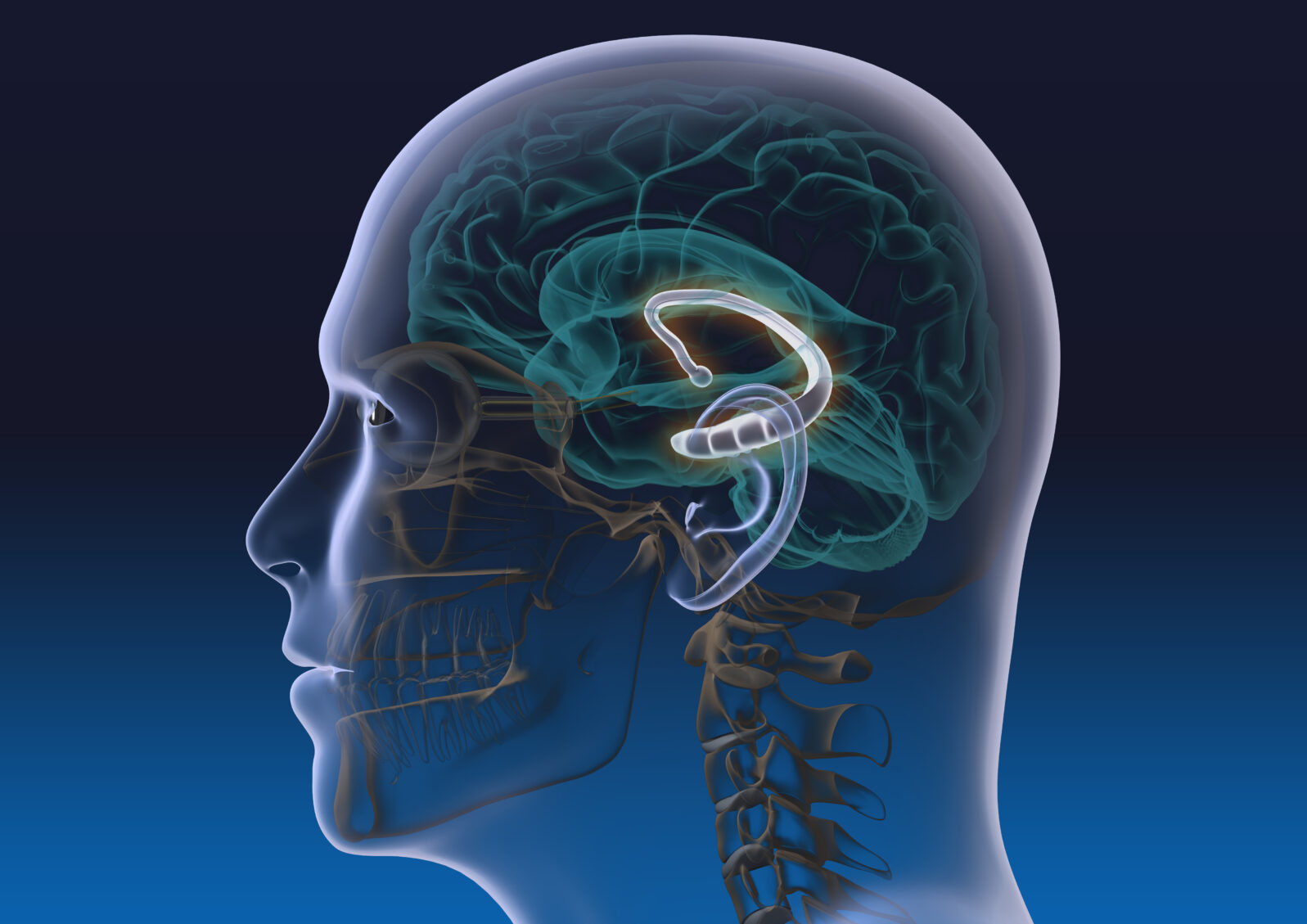Where, Exactly, Is Memory Stored in the Brain?
The hippocampus of the brain is important for memory formation but memories are immaterial and are not really “stored” anywhereA superb short YouTube video, “The Enigma of Memory: Beyond the Brain,” addresses a critical question which is often asked: Where are our memories stored? The answer has implications both for neuroscience and for our deeper understanding of the mind-body relationship:
The video is the work of Philip Cunningham, a retired scientist with an eye for trends and a philosophical bent.
Are memories “things”
It is commonplace in neuroscience (and in ordinary conversation) to think of memories as “things” that are stored in the brain. This is not merely wrong scientifically, it is nonsense.
Memory is “knowledge retained and not forgotten.”1 Memories are psychological, not physical, things. They can no more be stored in your brain than wishes and dreams can be stored in your pocket. Thus, the assertion that memories are stored—in the brain or anywhere—is, if taken literally, nonsense. True, it is a handy metaphor, but it has no place in neuroscience or in meaningful discussions of the mind–brain relationship.
There is no question that proper function of the brain is necessary for ordinary memories—that is, the ordinary acquisition of knowledge and its retention. Yet removal of major parts of the brain—including removal of entire lobes and hemispheres—does not usually remove memories. That should not be surprising if we assume that psychological things like memories are not the kind of things that can be cut out with a scalpel.
What the brain actually does
While memories are not stored in the brain like files, the brain is necessary for ordinary memory formation just as it is necessary for ordinary acquisition of knowledge. To acquire new memories, normal functioning of at least one hippocampus is necessary. The hippocampus is a small region of the brain located in the medial temporal lobe and is present bilaterally. While loss of one hippocampus does not affect memory, loss of both hippocampi is catastrophic, and is one cause of a complete inability to form new memories called Korsakoff’s syndrome.

It may be that memories are in some sense represented in the brain, in the form of brain states, sometimes called engrams. This seems likely, although good evidence for such ‘engrams’ is currently weak and it is still the subject of much research. In any event, it is essential that neuroscientists understand that the attribution of “storage” to memory retention —as if the brain were an inert filing cabinet—is metaphorical. It is a convenient way of speaking but it has no basis in logic or science.
Can memories exist apart from the brain?
In his excellent video, Cunningham notes the remarkable and quite strong evidence for memory retention in near-death experiences (NDEs). In fact, memories in NDEs are often clear, precise and comprehensive. Of course, this does not mean that memories are “stored” in the immaterial human soul; “storage” has no meaning, except as a metaphor. when applied to memories. But as Cunningham points out in his video, there is undeniable evidence for the existence of the human soul and for its continued existence immediately after death, and we have memories, even enhanced memories, after we die.
1 Bennett, Maxwell R., and Peter Michael Stephan Hacker. Philosophical foundations of neuroscience. John Wiley & Sons, 2022. Chapter 6
You may also wish to read: Forget stuff? Relax. Your mind is likely functioning as it should. Recent research suggests that memories can sometimes be in a “dormant” stage due to interference. One group that worries a lot about memory loss is seniors fearing dementia. In most cases, memory lapses originate in other causes.
